Merit and the Millennium: Routine and Crisis in the Ritual Lives of the Lahu People
The Lahu mountain people, numbering some 700,000, are traditionally Swidden farmers, sharing with other peoples the rugged highlands that form the borderlands between China’s Yunnan Province and the Southeast Asian nations of Burma, Laos, Vietnam and Thailand. Lahu ideas and practices related to the supernatural world include a traditional animism that affirms innumerable spirit entities with varying capacities to protect and to harm mortal beings, and that invests culturally significant phenomena with animating soul force. The majority of Lahu recognize an almighty creator-divinity, who is for many the principal focus of worship. The author argues that Mahayana Buddhist monks in Yunnan likely generated this situation during the 18 and 19 centuries, by merging the Lahu’s earlier concept of a non-intervening creator-divinity with their own notions of transcendental Buddhahood. Subsequently, monotheistic Christianity was able to utilize and strengthen an already well-established Lahu the
Get it now and save 10%
BECOME A MEMBER
-
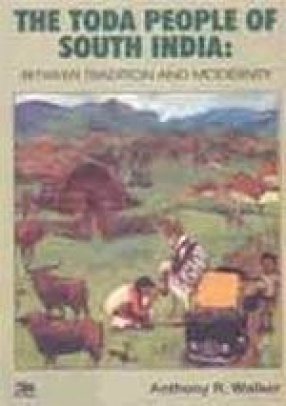
The Toda People of South India: Between Tradition and Modernity
-
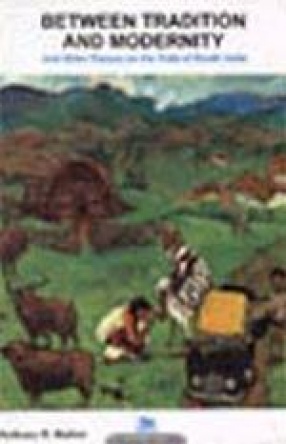
Between Tradition and Modernity: And Other Essays on the Toda of South India
-
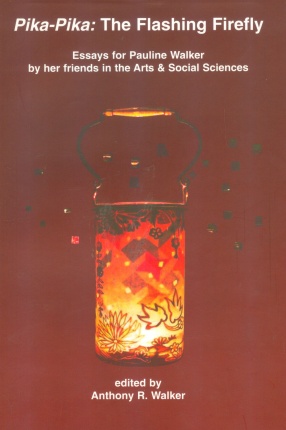
Pika-Pika: The Flashing Firefly: Essays to Honour and Celebrate the Life of Pauline Hetland Walker (1938-2005) by her Friends in the Arts and Social Sciences
-
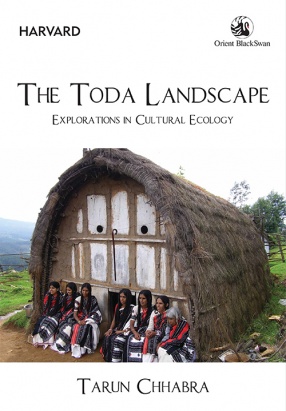
The Toda Landscape: Explorations in Cultural Ecology

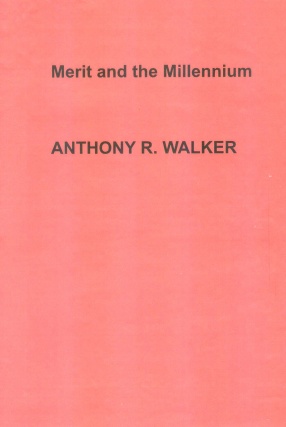

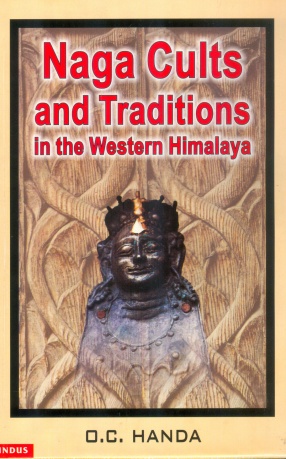
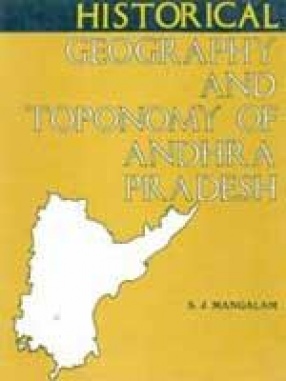
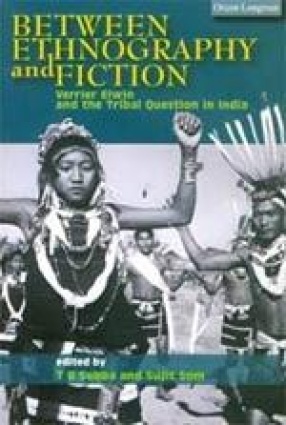

Bibliographic information